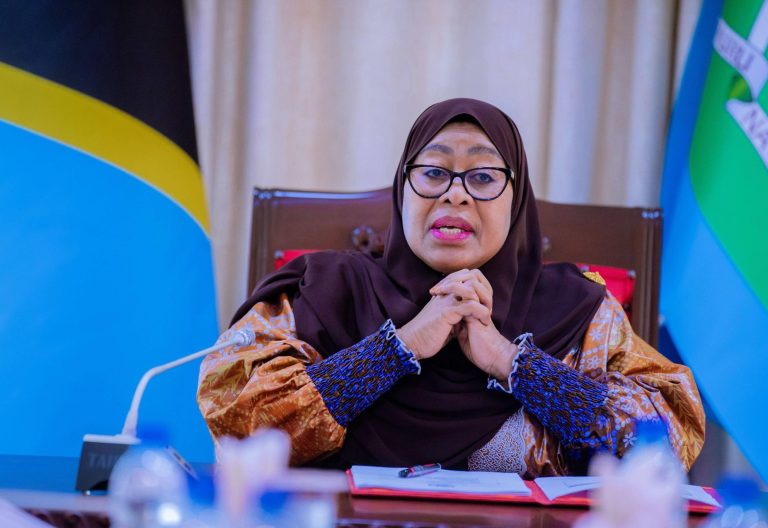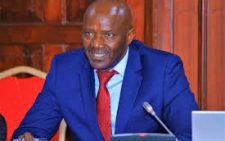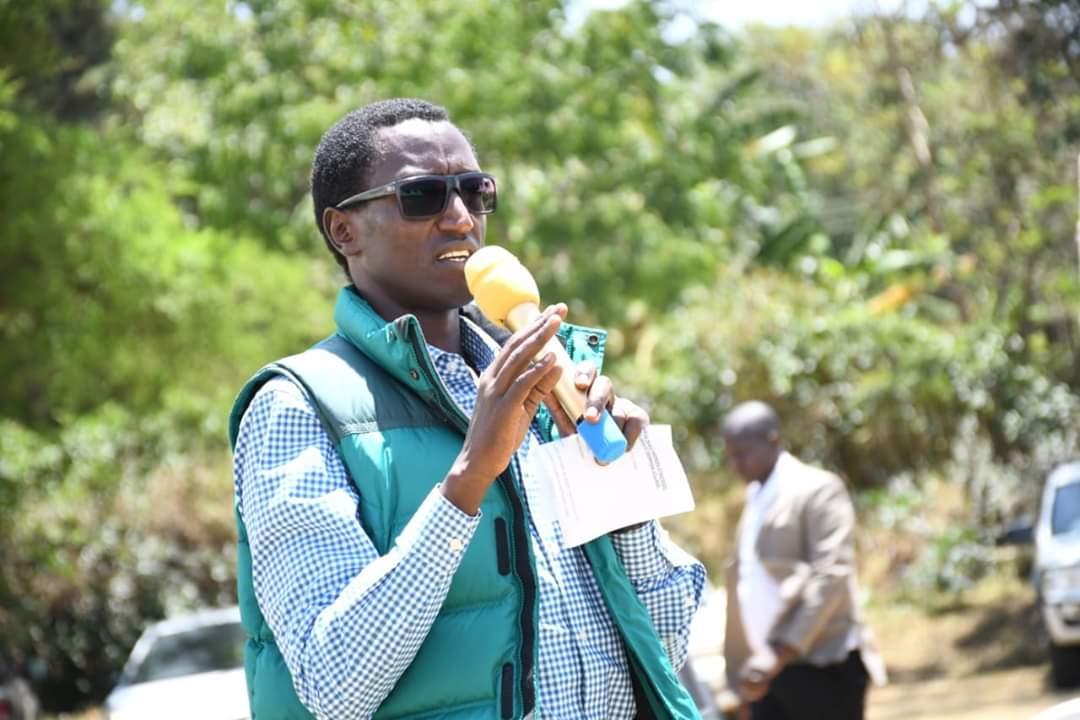Tanzania’s loyalty to EAC questioned amid activists’ torture concerns

Political analysts and business leaders have raised concerns over Tanzania’s commitment to the East African Community (EAC) following the recent reports of abduction and torture meted out to Kenyan activists and the subsequent defence of the actions by the nation’s leadership.
The neighbouring country, also a member of the Southern African Development Community (SADC), came under renewed scrutiny, with Africa Policy Institute CEO Prof Peter Kagwanja opining that it does not believe in the EAC.
Speaking in an interview on a local TV station on Wednesday, June 4, 2025, Peter Kagwanja described Tanzania as a reluctant partner in the regional bloc, suggesting that its loyalty lies more with the SADC.
“Tanzania does not believe that it is in the right place; it is like someone who is in a relationship that they are not happy with, they know they need to leave, but they can’t. It is excruciating,” Kagwanja said.
“It is very comfortable in SADC… what we are complaining about, neither Tanzania nor its SADC members complain about. If you are in South Africa, going to Swaziland, Lesotho, Zimbabwe, Botswana and Angola is not an issue; you just get into the plane, go in and come out, no one prevents you because they have that community.”
He noted that while travel across much of East Africa is relatively seamless, Tanzania remains an exception.
“Today, if you want to go to Uganda, Rwanda, Burundi or even South Sudan, no one stops you — even Ethiopia, and it is not a member of EAC. The only country you can be asked [questions] is Somalia, but the rest of the countries, no one will ask you because they believe in the EAC community,” he noted.
“Tanzania believes it is a frontline state. Its identity is the South, not the East… It defines itself geographically as part of the East, but its heart and soul are in the South. I think it only tolerates the EAC because of the gains it has because Arusha is the capital of all of us.”
Political commentator Barrack Muluka, who was also in the interview, echoed Kagwanja’s sentiments, calling out inconsistencies in the implementation of EAC ideals, especially the right to freedom of movement and political expression.
“There is paranoia in Kenya, Uganda, Tanzania — there is paranoia everywhere within the East African Community. The difference is in the stages; the difference is in the manifestation of the paranoia,” Muluka said.
“Activism is part and parcel of the law in the three East African countries. There is nothing criminal about mobilising people.”
Muluka also criticised regional parliaments for failing to uphold the principles enshrined in the EAC treaty.
“Their institution of Parliament has abdicated that act; you heard how they spoke in the August House — if it is still August,” he said.
“The East African passport should stand for something… Where is the freedom? Freedom of movement of people, services and goods is part of the East African Community treaty.”

Tanzania police response
Infotrak CEO Angela Ambitho shared a personal account to illustrate the bureaucratic hurdles East Africans face when travelling within the region.
“This aspect of the borderless East African Community is purely on paper. I travel quite a bit and I can tell you that travelling to Tanzania to do business or even for pleasure is sometimes akin to travelling overseas,” she said.
“When you get to the Immigration desk, the questions you are asked are shocking — in my case, the University of Dar es Salaam. Invitation letter, where I was staying, how long are you here for, who is paying?”
The discussion comes amid growing public concern over reports of abduction and mistreatment of Kenyan activists while the country’s authorities remain mum.
On Wednesday, June 4, 2025, Dar es Salaam’s Special Police Zone Commander, Jumanne Muliro, dismissed claims from Kenyan activist Boniface Mwangi and his Ugandan counterpart Agather Atuhaire, who claim they were tortured by Tanzanian police after detention by immigration officials.
Muliro insists that the activists should have reported any abuse through official channels, branding their claims as mere personal opinions.













